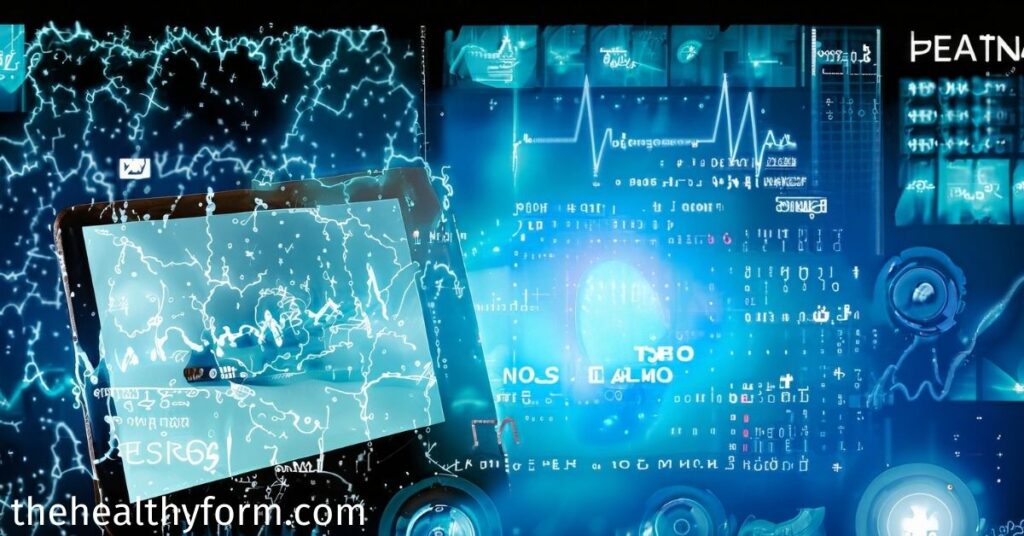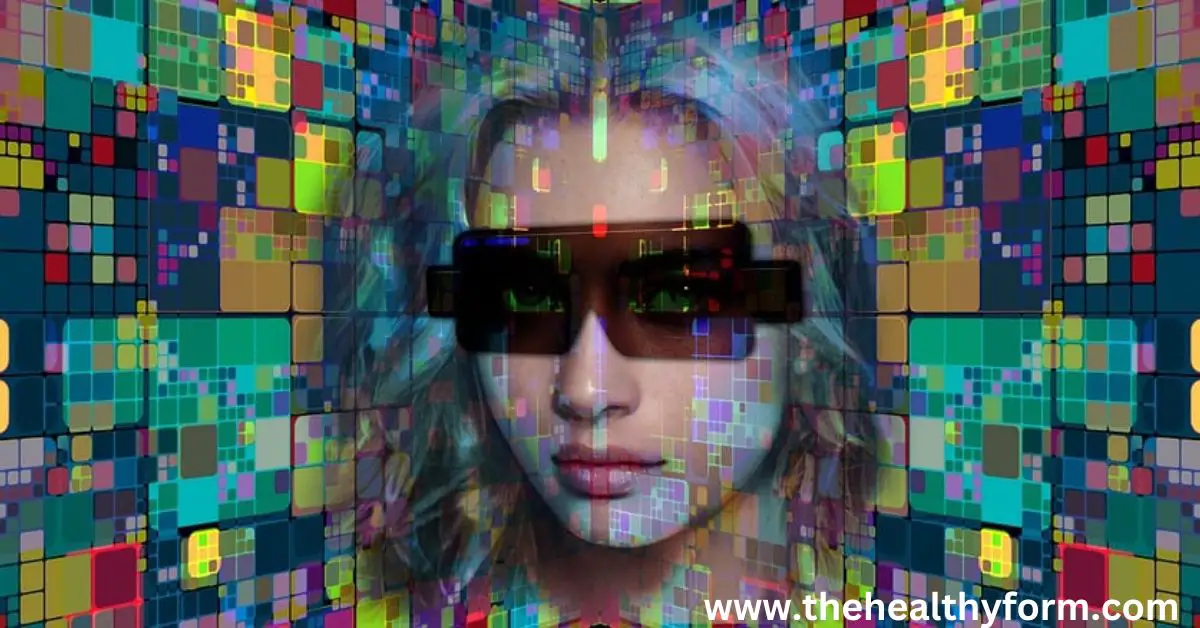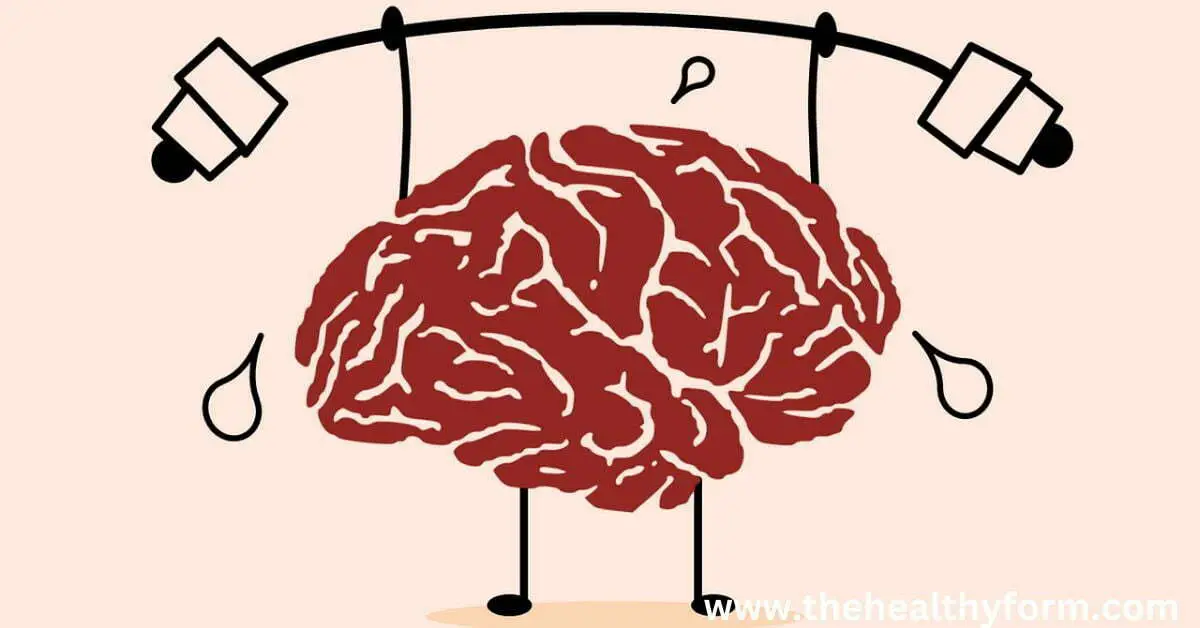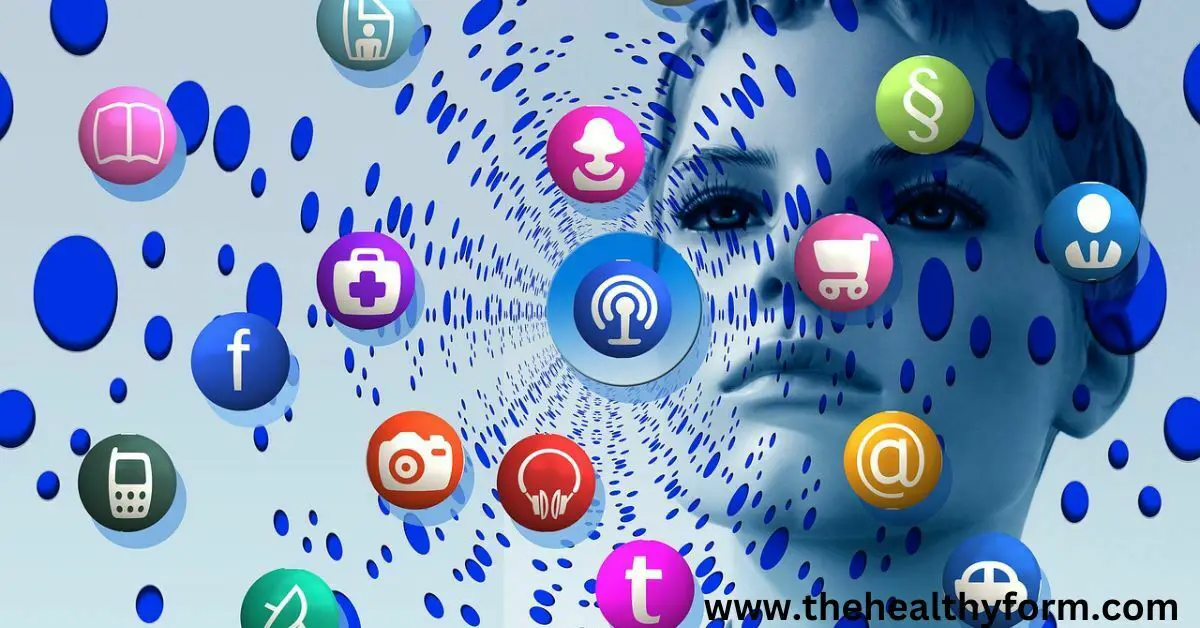The Use of Digital Tools For Mental Health
Discover the use of digital tools for mental health. How technology can help manage stress, improve mood, and provide access to therapy and resources for a happier, healthier life. Thanks to digital technologies, we now manage our mental health in a completely new way. People may track their mental health straightforwardly and practically using applications and websites. Users may keep an eye on their mood, symptoms, and medication use with the help of these tools.

The Use of Digital Tools for Mental Health
The use of digital tools for mental health has grown in popularity in recent years. Thanks to the proliferation of smartphones and other mobile devices, it’s simpler to access tools and information on mental health and track and monitor one’s mental well-being. For this reason, prominent applications like Pacifica, Moodfit, and Headspace are available.
For instance, Pacifica is a digital platform that provides users with various tools and information to manage their anxiety and depression. Guided meditations, mood monitoring, goal setting, and a community forum are among the services offered by the program. Users can also interact with others going through similar situations through the forum.
To assist customers in enhancing their mental wellness, Moodfit provides tools, including daily mood monitoring, guided meditation, and tailored goal setting.
Together with these applications, there are websites like Mental Health America that may help consumers locate regional options for mental health. Mental Health America offers information and resources about mental health disorders and a listing of regional services for counseling, support groups, and crisis hotlines.
This can be especially useful for those who find it difficult to keep track of their mental health manually or who have trouble explaining their symptoms to a therapist or medical practitioner. Digital solutions for mental health have the advantage of allowing for the monitoring of changes over time.
Regularly tracking one’s mental health allows people to develop a better awareness of trends and triggers, which enables them to see possible issues before they worsen. These techniques can also show how lifestyle choices like nutrition, exercise, and sleep affect mental health.
A further benefit of digital technologies for mental health is the accessibility of materials and help from any location. People may connect with mental health specialists and receive treatment and support from the convenience of their own homes, thanks to the growth of telehealth and online therapy. Access to self-help materials like guided meditations, breathing exercises, and cognitive behavioral therapy (CBT) strategies can also be made possible via digital technologies.
Also read: The Best Digital Tools for Mental Health
The Use of Digital Tools to Enhance Traditional Therapy for Mental Health
An increasingly important part of mental health therapy now includes digital technologies. These technologies can provide various services, such as self-help exercises and connections to mental health professionals for online counseling sessions.

One of its main advantages is digital technologies’ capacity to provide users with self-help activities that might supplement conventional mental health therapy. These activities include exercises in mindfulness, cognitive-behavioral therapy (CBT) strategies, and relaxation methods. By providing these resources, users may actively participate in their mental health care, and therapists can give homework or practice exercises between appointments.
Reduced levels of stress and anxiety can also be achieved through guided meditation. From guided imagery to mindfulness meditation, digital tools may provide a range of meditation possibilities. Also, these technologies can give users access to meditations in many languages or styles, making it simpler to discover what is most effective for them.
Moreover, digital means might make instructional resources concerning mental health concerns available. These can include writings, films, and podcasts that discuss various subjects, including stress, despair, and anxiety. These tools can give people the knowledge they need to understand and care for their mental health conditions.
Modern life is impossible without digital technologies, which have greatly influenced the healthcare sector, especially mental health. Traditional therapy has been the cornerstone of mental health care for many years, but the emergence of digital technologies has created chances to improve and expand therapy’s efficacy.
By providing extra resources and assistance outside of treatment sessions, digital technologies may significantly complement traditional therapy. For instance, a variety of resources for mental health, including articles, videos, podcasts, and self-help tools, are available on internet platforms and through mobile applications. These materials are available to patients to round out the knowledge and abilities they acquire during treatment sessions.
These tools can help patients remember to take care of themselves and use good coping techniques, which will improve their therapy.
Online counseling sessions have grown in popularity over the past several years and can be conducted using digital technologies. Particularly for people who might have trouble getting in-person counseling, online therapy sessions offer more flexibility and accessibility. More anonymity is also made possible, which might be crucial for folks uncomfortable discussing delicate topics in person. Online therapy sessions may also be more economical, giving those who cannot pay for traditional treatment a viable alternative.
Digital Mental Health Apps vs Traditional Therapy
Digital mental health apps have become increasingly popular, providing people with various tools and resources to support their mental health. These apps can offer benefits such as convenient access, affordability, and anonymity, which traditional therapy may not provide.
However, while digital mental health apps can be useful, they should not replace traditional therapy altogether. Traditional therapy offers a unique level of individualized care and attention that digital tools cannot replicate. Therapists are trained to provide personalized support based on a person’s unique needs and circumstances. They can ask probing questions, provide guidance, and offer real-time feedback, which can be crucial in helping people work through their mental health challenges.
Furthermore, therapy sessions provide a safe and confidential space for people to share their thoughts and emotions with a trained professional who can provide guidance and support. In contrast, digital apps may not offer the same level of confidentiality and may not be able to provide the same level of emotional support that a therapist can.
That said, digital mental health apps can complement traditional therapy by offering people additional resources and support in between therapy sessions. For example, apps that offer guided meditations, mindfulness exercises, or cognitive-behavioral therapy techniques can help people develop coping skills and manage their mental health symptoms more effectively.
Digital Tools for Improved Access to Mental Health Resources
Digital platforms have changed the way mental health resources are available and used, making it simpler for people who have trouble accessing conventional in-person treatment to get help. Consumers may now obtain counseling, psychotherapy, and other mental health treatment via digital methods like video conferencing, phone conversations, and messaging systems.
Digital solutions for mental health have the major advantage of removing geographic boundaries, allowing those living in isolated places to get mental health care without traveling far. This is especially crucial for rural regions with few mental health facilities.
Digital technologies can also increase accessibility for those with impairments or mobility challenges. Those with physical limitations, for instance, might find it difficult to attend in-person counseling sessions, but they can get mental health treatments online from the comfort of their homes. Similarly, persons who struggle to obtain childcare or access to transportation might benefit from online therapy sessions because they can attend appointments from any location.
Digital tools also provide users more flexibility since they may use them whenever they want, which enables them to accommodate treatment appointments into their hectic schedules. Those who work long hours, have erratic schedules, or travel frequently can especially benefit from this.
The ability of digital technologies to lessen the stigma attached to seeking mental health care is another benefit. Online therapy sessions can offer a degree of anonymity that can help people feel more comfortable seeking support. Some people might feel embarrassed or humiliated to ask for help in person.
Using Digital Tracking Tools to Identify Patterns in Mental Health Symptoms
Digital tracking tools have become increasingly popular in recent years, offering an effective and accessible way for individuals to monitor their mental health symptoms over time. By tracking their symptoms, individuals can gain valuable insights into the patterns and triggers that may impact their mental well-being. This information can then be used to guide treatment choices and enhance overall mental health management.
For example, someone experiencing depression may use a digital tracking tool to record their mood, sleep patterns, and any changes in their appetite or energy levels. Over time, they may notice that their mood tends to dip in the late afternoon or evening or that they experience a significant decrease in energy on days when they don’t get enough sleep. Armed with this information, they can work with a healthcare provider to develop a treatment plan that addresses these triggers.
Similarly, someone with anxiety may use a digital tracking tool to monitor their symptoms and identify patterns. They may notice that their anxiety tends to spike during social events or that they feel more anxious on days when they consume caffeine. Armed with this information, they can work with a therapist or counselor to develop coping strategies that help them manage these triggers more effectively.
Digital tracking tools can also be useful for individuals with bipolar or other mood disorders. These individuals may use the tool to track their moods over time, identifying patterns of highs and lows that may signal the onset of a manic or depressive episode. By tracking their symptoms, they can work with their healthcare provider to adjust their medication or therapy regimen and take steps to prevent or mitigate these episodes.
Drawbacks of Digital Tools for Managing Mental Health
Although the use of digital tools has significantly improved mental health management, there may be negative effects that individuals should be aware of before relying completely on them. Some disadvantages of using digital technologies to manage mental health are listed below:
Absence of regulation
Because the digital health sector is still relatively young, there is presently no regulation, which might result in the creation of products not supported by research or used in clinical trials. People could not receive the necessary care if there were no regulations.
Privacy concerns
Information about mental health is delicate, and there is a chance that it may be treated improperly or utilized improperly.
Privacy violations might result in the releasing of private information or its negative usage against a person.
Overdependence
Relying too much on digital technologies to manage mental health may impede people from seeking in-person counseling or developing efficient coping skills. Some people may find it challenging to address the underlying causes of their mental health difficulties due to the absence of interpersonal connections.
Digital divide
Not everyone has access to technology, and those who have may be disadvantaged regarding mental health care. The difference between those with access to resources and those without might expand. It’s crucial to understand that digital tools are an extra resource that should be utilized with other types of help rather than replacing conventional mental health treatment. Ultimately, it is up to the person to balance the benefits and drawbacks of utilizing digital tools and, if required, to seek the assistance of qualified mental health specialists.
Privacy and Security Concerns in Digital Mental Health Tools
People should be conscious of privacy and security issues when utilizing digital tools for mental health. This necessitates paying attention to the information provided and the privacy statement of the app or website utilized.
Using Digital Tools for Self-Awareness and Self-Management of Mental Health
People can increase their mental health awareness and improve their self-management abilities by keeping track of their symptoms and using the resources offered by digital technologies.
FAQs about The Use of Digital Tools For Mental Health
What are digital tools for mental health?
Digital tools for mental health are apps, platforms, and resources available on digital devices that offer support, guidance, and techniques to improve emotional well-being.
Are these tools effective for mental health support?
Many individuals find digital tools helpful for managing stress, anxiety, and other mental health challenges. However, the effectiveness can vary from person to person.
Can digital tools replace traditional therapy?
Digital tools can complement traditional therapy but not replace face-to-face professional help, especially for severe mental health conditions.
Do digital tools help with stress and anxiety management?
Yes, stress and anxiety management apps provide techniques such as deep breathing and relaxation exercises to help users manage stress and reduce anxiety.
Conclusion
The use of digital tools for mental health can completely alter how we approach mental health care. Innovative technologies have given mental health professionals and patients access to various digital tools that can help identify, treat, and manage mental health issues. Yet it’s important to use these resources sensibly and in addition to traditional therapy. Digital tools for mental health require consideration of privacy issues and possible drawbacks. Consequently, speaking with a healthcare professional before using any digital tool is recommended to ensure it suits the person’s requirements and objectives.






